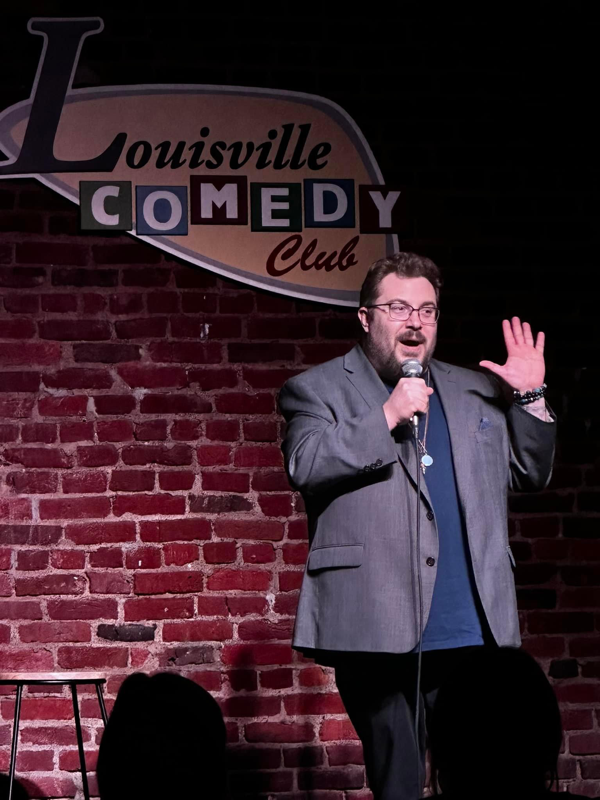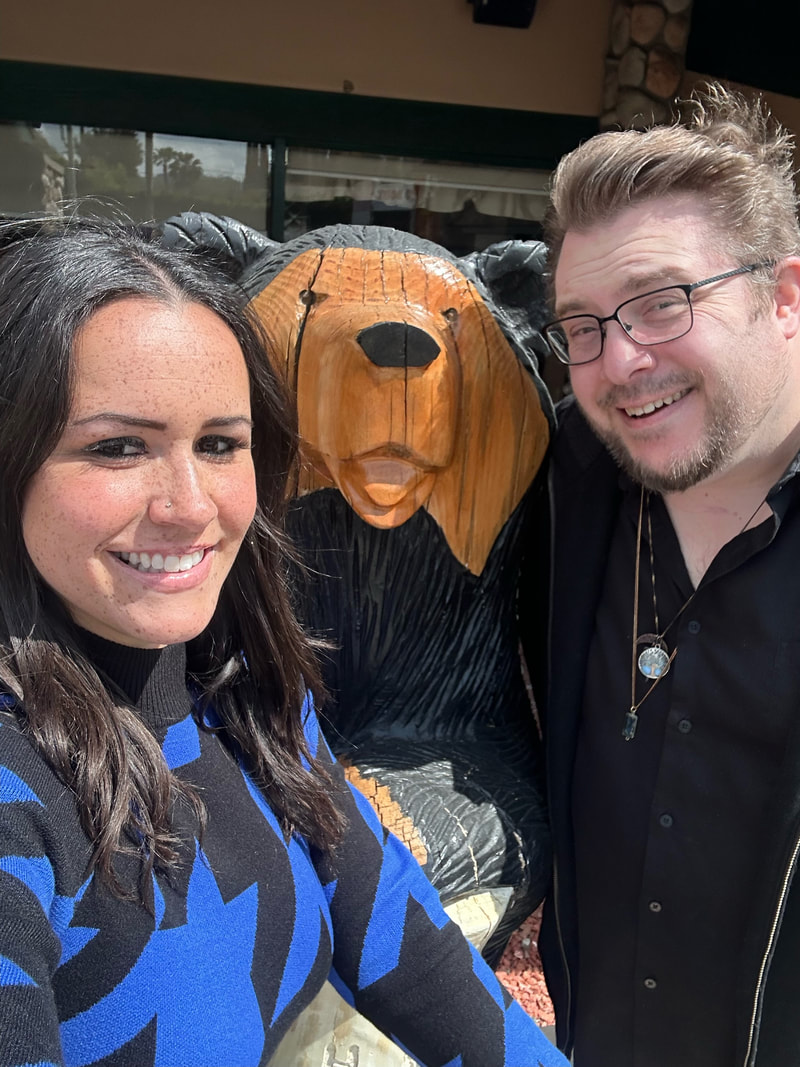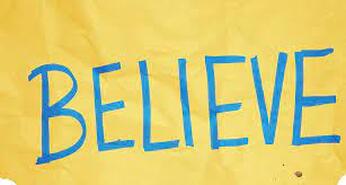|
One of the biggest mistakes a comic can make is treating every set the same, as if every crowd is the same. Every crowd won't be the same until you have a clear fanbase showing up for you specifically. Until then, you are a sailor out to sea waiting to respond to the type of waves the comedy gods through at you. Even then, you aren't even guaranteed to have a crowd on the same page. The other night a very nice restaurant show had a very tight crowd. The host even called them out for being dry - yet they sat quietly, not acknowledging their role in the success of the show. Was the host doing their best material? For the situation, it was fine. But hosting is rough and no reason to juggle sticks of fire if the crowd seems uninterested and timid. Yet, when the next comic came up, after watching ten minutes of silence, he didn't appear to make any adjustments and just started his ten minutes like the previous ten of silence didn't occur. What he should have done is "host for himself" by resetting the room to the level he needed and then take it from there. So let's look at what "Hosting For Yourself" looks like so you don't make that same mistake. Tip One: Teach Them to Respond to You The responsibility of the host is to have clear crowd expectations. The host says clap for the waitstaff, they clap for the waitstaff. The host tells a joke, they laugh. The host tells them to put away their phones, and magically the phones disappear. This puts the crowd in the place to understand their role in the evening's activities. The comic speaks; they respond. When the host isn't able to properly set up that contract with the crowd, the next comic has to develop that pattern or they will lose them even faster. And that is exactly what happened. The comic jumped on stage and started doing very generic "you ever notice..." jokes to dead silence. What he should have done is get them to clap for the host, then tell the crowd to clap for the venue, and then say something silly like "thank you for coming out on a Monday, traditionally the strongest night for a comedy show." Instead, he just sunk deeper and deeper into a funk before finally giving up and asking everyone where they lived. TikTok viral crowd work it was not. Had he just taken on that responsibility to host for himself the first two minutes, then he might of had a better set. Tip Two: Acknowledge the Awkwardness of the Situation Clearly, if the host has a rough opening set, the room is not going to fall for easy laughs. And there is now an elephant in the room - a bad set or in this case two rough sets before I got on stage. These days I'm either hosting my own shows or featuring/headlining longer sets, so doing the LA showcase style isn't my normal jam. But I liked the producers and needed to work on a few new jokes. So when I got on stage I first made fun of the fact that clearly only half the crowd knew there was a show. I also noticed there were small kids in the crowd and overheard the mom say her five year old's can handle the comedy because they won't pay attention. So I joked "I heard the mom in the back with two kids tell the staff their kids aren't paying attention, which makes them like every other audience I've ever had." Big laugh. The awkwardness was now gone. The set was in no way perfect, but I got them on board by hosting for myself. Teaching them to respond. Making myself the victim of jokes. Acknowledging the vibe in the room of mixed excitement and confused patrons. When a show doesn't start hot, look for all the reasons why. The mixed crowd. The awkward seating. The attractive waitstaff ("I wouldn't pay attention to me either, sir"). All is fair game in comedy and war. Tip Three: Ease into Material Hopefully, once you've spent a few minutes training the crowd to respond, you start to hit them with some strong quick jokes. Do not rush into a story. Every comic should have a bag of 1-2 sentence jokes, preferably personal, they can shoot off rapid fire. This will help maintain the new momentum you've created. I have a few weight loss jokes that are pretty quick and that gets the crowd going. Any identity jokes with CLEAR setup-punchlines are best. Remember, this isn't a headliner set; you're performing "comedy rescue" and need to ease into the material if you want to go that route after turning the tide. The problem with going back into long form bits and material is you're asking them to get comfortable in a way that might put them back in that comatose state you found them in. If you're showcasing, you might have to stick with an in-the-moment style, being that funny off the cuff version of you to survive the set. If you are featuring and have time, you might have more freedom. But read the room and remember, no two crowds are the same, and you might have to sacrifice some material to save the set and the show. Final Thoughts Recently, Jerry Seinfeld told GQ that he loves comedy because you never know what is going to happen. His thesis: Regular life is boring. Eating chicken with friends is boring. Comedy is exciting. And its exciting because you never know how crowds will respond. But if you find the show isn't the energy you want or need, it becomes your responsibility to up the vibe and make it the room you need to succeed. Because sometimes the host can't, so you have to host for yourself.
0 Comments
Leave a Reply. |
Paul Douglas Moomjean Blog's About What's on His MindBlogging allows for me to rant when there is no stage in the moment to talk about what's important and/or funny to me. Archives
July 2024
Categories |


 RSS Feed
RSS Feed
